Faculty Teaching Fellows
The Faculty Teaching Fellows program pairs faculty and staff seeking teaching advice or feedback on their pedagogy with an experienced faculty member.
The teaching fellows are drawn from the three divisions within the College of Arts and Sciences (Arts and Humanities, Math and Natural Sciences, and Social Sciences) as well as the Conservatory of Music. These faculty members also represent a broad range of teaching styles and pedagogical approaches. The teaching fellows are available for classroom observation and one-on-one consultations. They have also committed to opening up their classes for scheduled visits from interested colleagues.
To request a meeting with a faculty teaching fellow, please send email to Tania Boster, associate director, Gertrude B. Lemle Teaching Center, at tboster@oberlin.edu. You may also contact the teaching fellows directly.
2019-20 Teaching Fellows
Cindy Chapman
Adelia A.F. Johnston and Harry Thomas Frank Professor of Religion
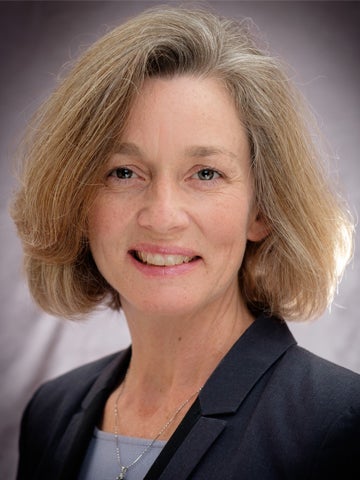
Teaching Fields/Interests
Hebrew Bible; New Testament; gender and the Bible; politics and the Bible
Course Types
Large lecture combined with small group discussions; in-class writing followed by discussion; workshops in material culture; writing intensive (staged paper assignments); first year seminar; advanced seminars; senior capstone writing colloquium
Areas of Pedagogical Expertise
Lectures; hybrid lecture and discussion; in-class writing and in-class material culture workshops; close textual analysis of primary texts that are in translation, helping students who do not know the original language come to an understanding of how translation requires interpretive moves; incorporating visits to the Allen as part of a class.
Areas of Teaching Challenge
Making historically remote materials relevant; dealing with texts in translation; incorporating material culture
William Patrick Day
Professor, English and Cinema Studies
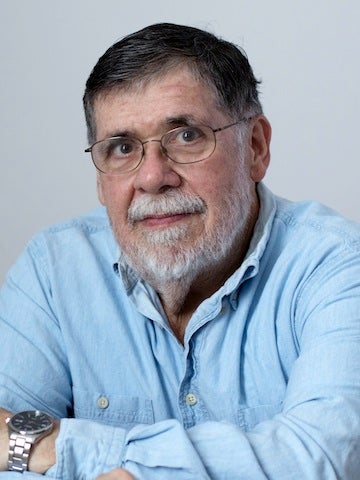
Teaching Fields/Interests
American cinema (classic and new Hollywood); literary/media theory
Course Types
Discussion – small to medium; intro to the major; writing intensive; first year seminar; medium to large lecture
Areas of Pedagogical Expertise
Lecture; discussion; hybrid lecture and discussion; writing intensive; interdisciplinary methods or fields
Teaching Challenge Specialties
Teaching a class with disparate levels of student preparation; running class discussion on difficult/divisive topics; humanities for scientists
Laurie McMillin
Professor, Rhetoric and Composition
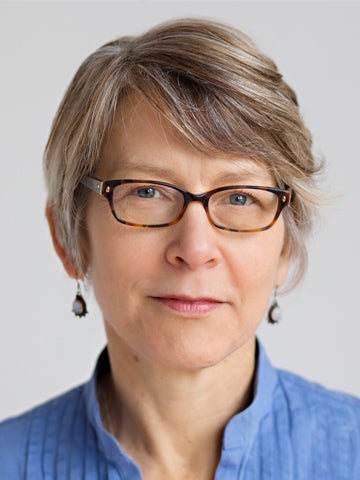
Teaching Fields/Interests
Travel writing, writing pedagogy, composition theory, comp
Course Types
Small discussion; writing intensive; first-year; advanced seminar.
Areas of Pedagogical Expertise
Discussion; writing instruction
Areas of Teaching Challenge
Developing community; developing discussion; in-class writing to prompt thinking and discussion; peer writing groups/workshops to assist with essay revision
Yolanda Cruz
Robert S. Danforth Professor of Biology
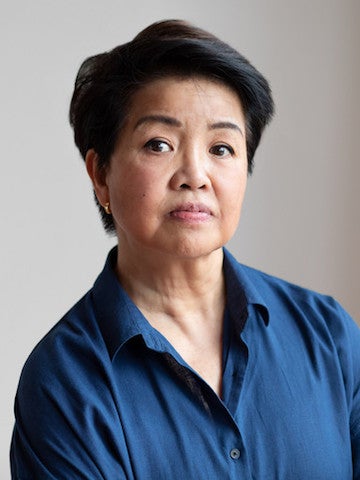
Teaching Fields/Interests
Developmental Biology; reproductive biology; evolutionary biology; introductory biology, biotechnology and ethics
Course Types
Large lecture; discussion (5-15 students); intro to major; lab; first year seminar; capstone
Areas of Pedagogical Expertise
Lecture; discussion; hybrid lecture-discussion; teaching students to be mentors/peer tutors (co-founder of OWLS, Oberlin Workshops and Learning Sessions)
Areas of Teaching Challenge
Disparate levels of student preparation; making historically remote (and arcane) material relevant to students; science for humanists
Matt Elrod
Robert and Eleanor Biggs Professor of Natural Science, Chemistry and Biochemistry
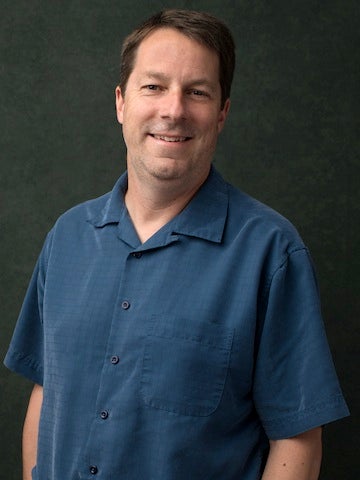
Teaching Fields/Interests
Introductory, environmental, and physical chemistry
Course Types
Large lecture; medium lecture; lab (with writing intensive designation); intro to major
Areas of Pedagogical Expertise
Lecture; flipped classes; iClickers; demonstrations; computer-based modeling
Areas of Teaching Challenge
Disparate levels of student preparation; teaching required course for a different major; teaching subjects students learn to fear/hate I high school; science for humanists
Mary Garvin
Professor, Biology
On Leave AY '19/'20
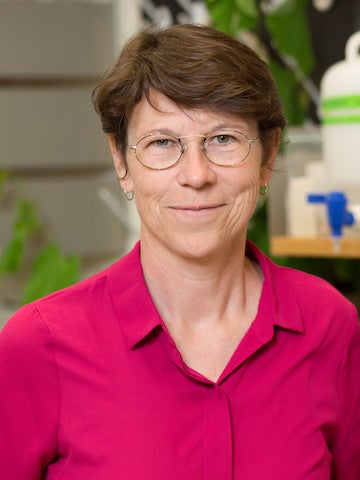
Teaching Fields/Interests
Genetics, evolution, and ecology; disease ecology; invertebrate biology; natural history of the Vermilion River watershed
Course Types
Combination lecture/discussion/and other forms of active learning; labs; first-year seminar
Areas of Pedagogical Expertise
Working with first-generation students and underrepresented groups; student-centered learning; collaborative semester-long research experiences; experiential learning; building science literacy skills; writing intensive
Teaching Challenge Specialties
Assisting students in slowing down and reflecting; teaching students with very different levels of preparation and self-confidence; helping students who struggle with writing; helping students develop discussion skills; helping students develop collaborative skills
Mike Parkin
Professor, Politics
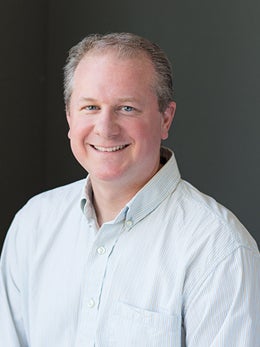
Teaching Fields/Interests
Introduction to American politics; quantitative research methods; campaigns and elections; political psychology
Course Types
Large lecture with active discussion among students; introduction to the major; writing intensive
Areas of Pedagogical Expertise
Hybrid lecture and discussion; writing intensive; quantitative skills
Areas of Teaching Challenge
Generating discussion in large classes; generating broad discussion on controversial topics; ensuring that students complete all assigned readings and submit all assignments on time; teaching quantitative skills to those uneasy and/or unfamiliar with quantitative reasoning; generating student ownership over seminar discussions
Jared Hartt
Associate Professor, Music Theory
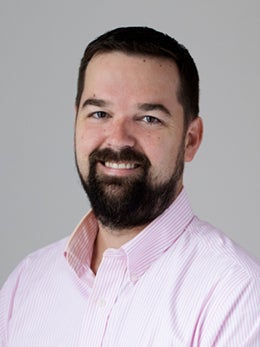
Teaching Fields/Interests
Music theory (all levels of core curriculum); aural skills (all levels of core curriculum). Upper-level courses: counterpoint; medieval motets.
Course Types
Basic skill-building; discussion small and medium (up to 20 students); project-based learning; writing (about music and how it works); small group work; independent study.
Areas of Pedagogical Expertise
Engaging students for entirety of class; creating a classroom environment that is comfortable and enjoyable yet productive and demanding; first semester courses and the associated challenges, issues, needs; variety of assignment types; music analysis; relating theory to practice; integrating research and teaching.
Areas of Teaching Challenge
Disparate levels of student preparation; engaging seemingly disengaged students; making historically remote material relevant to students; general classroom management issues (tardiness; absences, cell-phone use)
Jan Miyake
Associate Professor, Music Theory
On Leave Fall '19
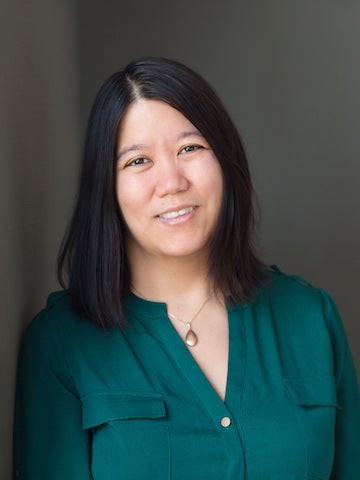
Teaching Fields/Interests
Core curriculum for music theory (music theory 1-4 and aural skills 1-4), upper-division seminars in Form and Analysis as well as Schenkerian Analysis.
Course Types
Small (12-15 students) skill-building, activity-based focus in hands-on environment; project-based with emphasis on independence and depth of engagement.
Areas of Pedagogical Expertise
Mini-flips; proactive communication with students; active in-class structures
Areas of Teaching Challenge
Required courses for first-semester students with vastly different levels of pre-existing knowledge; universal design to make accommodations less needed for students with documented needs; teaching required courses that some students resent